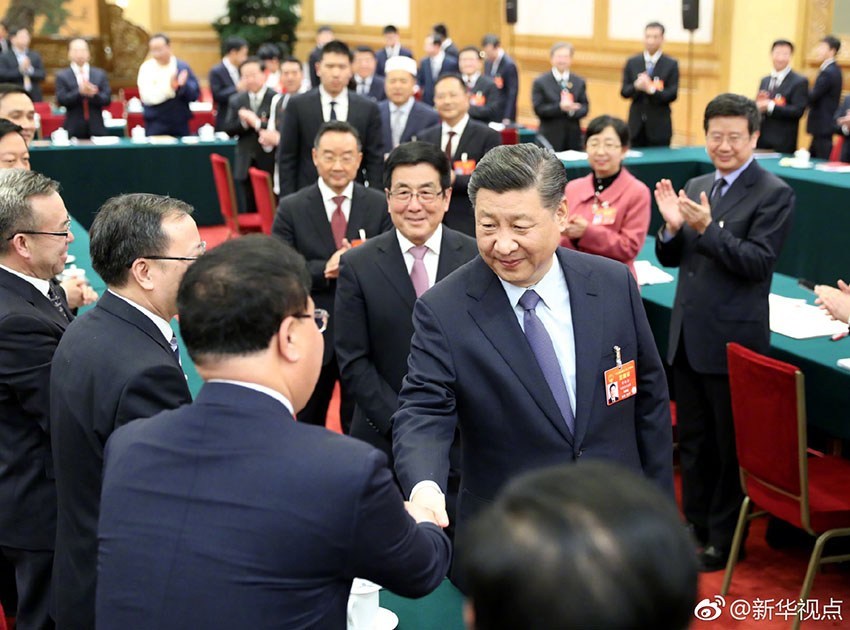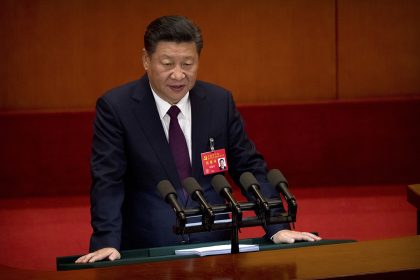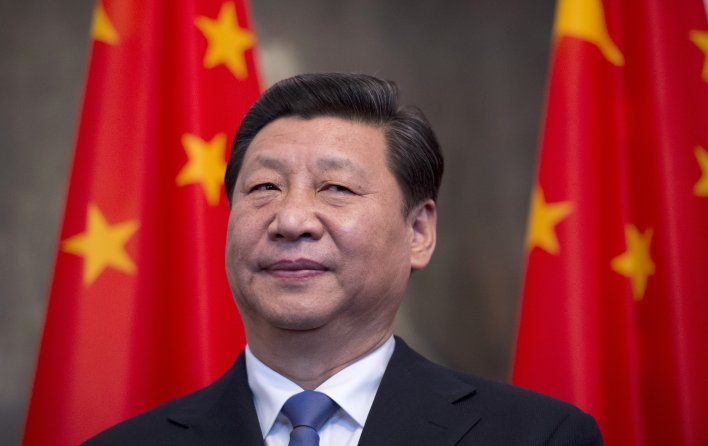A new directive issued by the Communist Party’s top leadership on stepping up the “United Front” work for the nation’s wide swath of private businesses has again ignited fears. Some entrepreneurs wonder if Beijing aims to sit on the board of each and every private company and poke its nose into business operations.
In related guidelines issued on Wednesday, Beijing has laid out plans to strengthen “guidance and supervision” of entrepreneurs and foreign businesspeople running joint-ventures or wholly-owned companies in the country.
“Owners and the management of private and foreign-invested firms, as well as stakeholders in these businesses, should learn and keep themselves up to speed the party’s overarching tenets, in particular, Xi Jinping’s thought on Socialism with Chinese Characteristics that is enshrined in the party’s constitution,” read a circular from Xinhua.
The document drafted by the party’s United Front Work Department, the first of its kind in decades regarding the party’s networking and broad coalition affairs in the private sector, also added that all businesses, irrespective of their ownership structure, should “heed the party’s call and follow the party’s lead.”
There is a special chapter dedicated to ideological training and aggrandizing the party’s supervision in the day-to-day running of private companies.
Also, another internal memo, issued separately to all party cadres of the rank of deputy mayoral level and viewed by Asia Times, stated that Beijing’s new United Front drive had everything to do with the challenges arising from the growing heft of the private sector as well as the “manifold political and ideological demands from high-profile entrepreneurs.”
The guidelines come on the heels of Chinese President Xi Jinping’s latest ukase about the United Front work for non-state-owned enterprises. In a nutshell, Xi has highlighted the need to rally the entire private sector behind the party and make the sector more yoked to the party and the state-owned economy.
Wang Yang, a standing member of the Politburo, the party’s top decision-making caucus, and chair of the Chinese People’s Political Consultative Conference, China’s top political advisory body, was quoted by Xinhua as saying at a recent meeting that successful entrepreneurs must realize that “they owe their fame and fortune to the party.” Wang also heads the party’s working group on United Front affairs.
Cadres from well-off provinces like Zhejiang, Jiangsu and Guangdong, where the private sector contributes the lion’s share of local economic output, also attended the meeting on implementing Xi’s instructions.
Beijing has already mandated that party branches must be established in sizable private companies whose revenues or market capitalization reach a specific level.
Chinese corporate leviathans like Huawei, Tencent and Alibaba that claim they are owned by employees and shareholders already have party branches, with party representatives getting involved in their business activities at various levels.
Such party-building in China’s private sector has been expedited since Xi took power in 2012, raising concerns that the party’s tentacles are reaching into every nook and cranny of people’s lives.
Critics say the latest move is yet another step towards the party’s “takeover” of the entire Chinese economy and the muzzling of calls for political reforms from the private sector.
“Beijing may be getting wary of the influence of [Alibaba founder] Jack Ma, Pony Ma and the like, whose growing sway over the economy and people could make the party feel uneasy and insecure,” said Taiwan-based current affairs commentator Lin Heli, who fled the mainland during Mao Zedong’s anti-landlords movement in the 1950s that saw the forced sequestration of private properties.
But Jack Ma has repeatedly shrugged off rumors about Beijing’s plan to take over his e-commerce empire, stressing that the party’s leadership was a requisite for his success and that of the entire private sector.
An official with the Shanghai branch of the All-China Federation of Industry and Commerce, a state-backed nationwide alliance pooling leading private business leaders, told Asia Times that United Front work was meant to strengthen the party’s leadership but that may also entail greater responsibility.
“The party may get more involved in the running of private firms but that also means more responsibility to address their problems and difficulties to further nature growth. And such arrangement also helps party cadres to better feel and grasp business sentiments and make their policies more pertinent,” said the official, who refused to be named.
“Also, all businesses seek to maintain sound relationships with the government and align themselves with new policy initiatives… China’s private sector has never been too ‘private’ or independent from the party, and the party’s overarching role, like it or not, is part and parcel the political reality that all entrepreneurs must live by and adapt to… Still, over the past 20 years we have cultivated an impressive line-up of world-class companies. Why would Beijing want to take over these private firms when it can get decent tax revenues from them and convince the world that private firms can also thrive in a Communist country.”
Meanwhile, the Chinese State Council has also launched a pilot scheme to dispatch officials to private firms, SMEs and startups to gauge sentiments and seek views to improve government services. Premier Li Keqiang has reportedly requested that all provinces and municipalities make public the views collected from these businesses, which must be followed up. Feedback from entrepreneurs will be part of Li’s annual appraisal of local officials.













